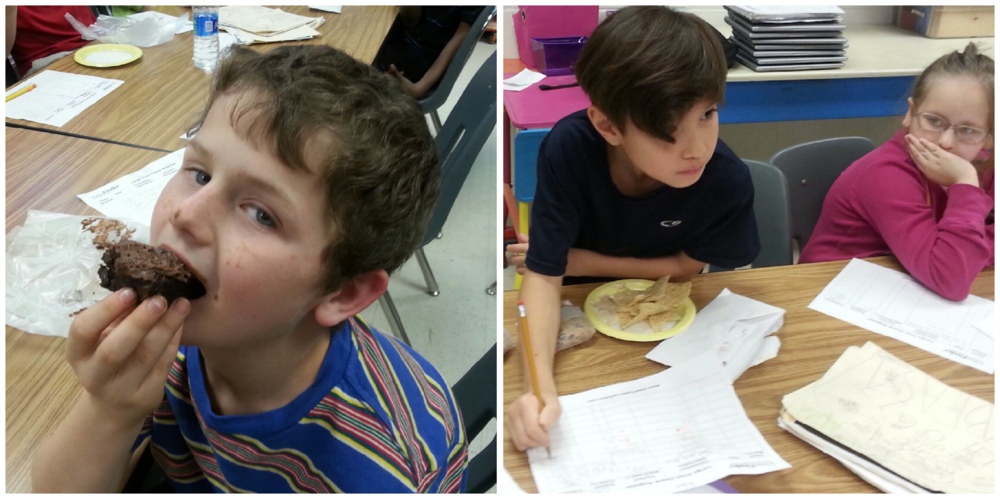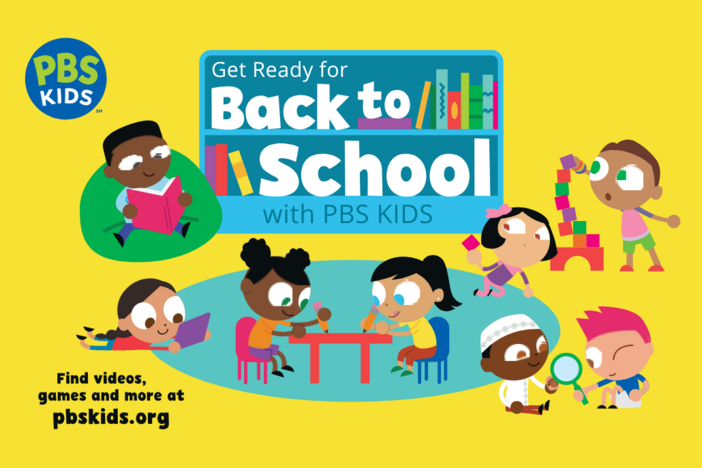
Section Branding
Header Content
Real Life Classroom Management
Primary Content

Managing my classroom with my co-teacher Amanda Sandifer to teach math and science to fourth graders in the afternoon had become a struggle—not so much because the children misbehaved, but rather because they lost focus and became disorganized in the afternoon. I suggested that we try a simpler version of a strategy I had devised in my resource class at the high school: a strategy I called “Real Life.”
At the high school level, the students received an hourly wage based on their grade (85%= $8.50) for a forty-hour week and were docked for absences, fined for rule violations, and charged a fee for lost pencils, assignments, or books. They also paid rent for their desks, and utilities for computer use. What they had left over they could use to purchase food and trinkets that I supplied for our, “Paydays.” By the end of the year we were figuring percentages for taxes and interest on savings (they were required to put 10% into savings before they could spend). The expense for this, eight times a year at progress reports and report cards, was more than worth the results. A high school class that had no dress code violations, improved attendance and behavior, as well as motivation to improve grades was the result. One student that moved away mid-year wrote me a letter stating, “I sure do miss those paydays.” Many of my former high school students, now adults, have said these lessons have benefitted them in real life and have helped them to be successful adults.
For fourth grade, we devised a simpler plan. Student paychecks are the sum of their five grades—a possible $500. They subtract a flat fee of $300 for living expenses, receive bonuses for their classroom dojo points, and are fined for lost assignments, noise violations, and failure to comply. We record violations in a receipt book and pass them out on payday. Prices for the “Payday” goodies are inflated: $50 for one of my famous gooey brownies, but the students love it!

The result has been more focused students and a quieter classroom. Best of all, our students have become more responsible. If you are going to be fined for a lost assignment, you are more likely to put it somewhere you can find it. Students are working harder because a low grade means less money on payday. The process of entering the information in the check register practices practical application of basic skills.

All in all, we feel that eight class periods a year experiencing real life will help our students have a better chance for a lifetime of success.
Managing my co-taught classroom with my co-teacher Amanda Sandifer to teach math and science to fourth graders in the afternoon had become a struggle





